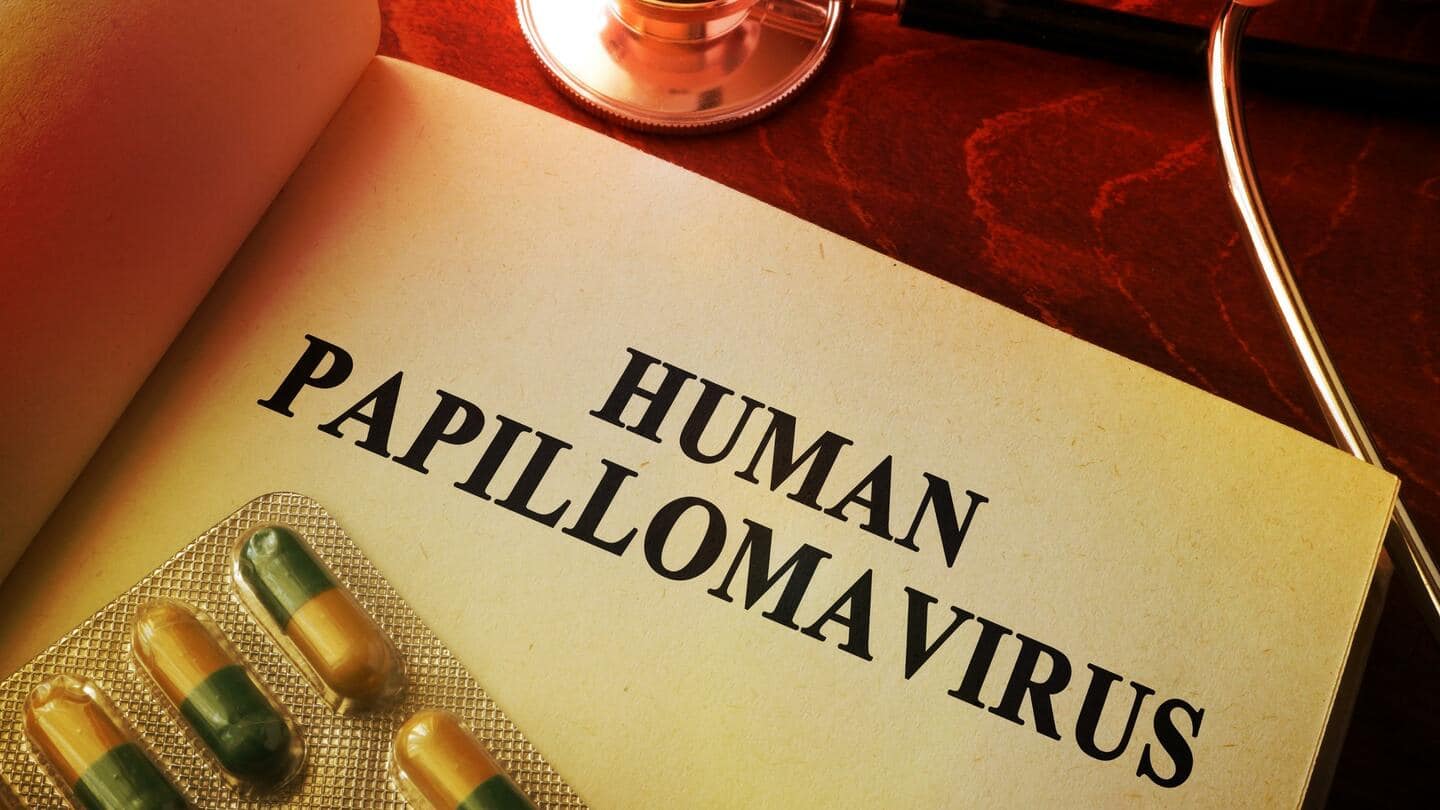
All about HPV infection: Symptoms, causes, and more
What's the story
Human papillomavirus infection or HPV is a sexually transmitted disease that causes warts in your body, affecting the mouth, throat, and genitals. There are over 100 varieties, some of which can cause different types of cancer, especially in the lower part of the uterus that connects to the cervix. You may have seen Sara Ali Khan raising awareness on the same in advertisements.
Context
Here's what our expert says
Human Papillomavirus or HPV is a DNA virus commonly spread by sexual contact and through perinatal contact from mother to child. Usually, it's asymptomatic, but sometimes the virus causes warts on the skin and genital regions. A few strains of the virus can cause cervical cancer after 20-30 years of infection. The HPV vaccine is the best form of prevention against cervical cancer.
Causes
Causes behind the infection
HPV infection is highly contagious and usually spreads through skin-to-skin contact or during sexual intercourse. You can get the infection if your genitals come in contact with your infected partner. Many people can contract multiple types of HPV which may be dangerous. A mother can transmit the infection to her baby during delivery and the child may develop recurrent respiratory papillomatosis.
Information
What is HPV?
One of the most common sexually transmitted infections, HPV affects different parts of your body. Around 30 strains of HPV can affect your genitals and the pubic region. Most often types 16 and 18 HPV can cause cervical dysplasia.
Symptoms
Know about the symptoms
In most cases, HPV infection does not cause any health problems or noticeable symptoms. You can get genital warts that appear as flat lesions, small cauliflower-like bumps, or common warts that appear as rough raised bumps. You can also get plantar warts that appear as hard, grainy growths or flat warts that look like flat-topped, slightly raised lesions that can appear anywhere.
Detection
How can the disease be detected in men and women?
Women are recommended to have their first Pap test at the age of 21, regular tests can help identify abnormal cells in one's body which can signal HPV-related problems or cervical cancer. There is no FDA-approved test to detect HPV in men. Some men who have the risk of developing anal cancer can take an anal Pap test under the supervision of their doctors.
Prevention
How to prevent the disease
The most common way to prevent HPV infection is to practice safe sex and always use condoms. The Gardasil 9 vaccine can also be taken to prevent genital warts and cancers caused by HPV. The vaccine can shield you against nine HPV types; CDC recommends 11-12 years aged girls and boys take it. Also, get regular health checkups, screenings, and Pap smears.